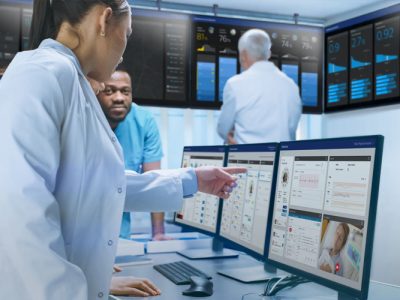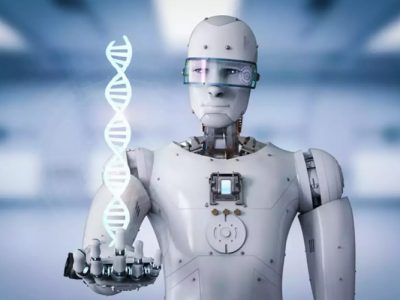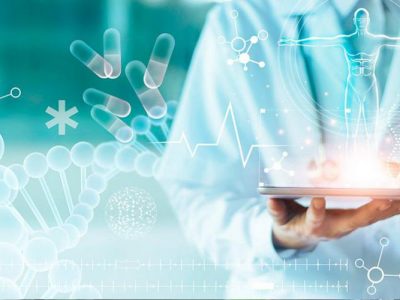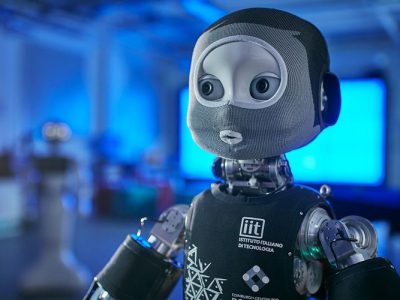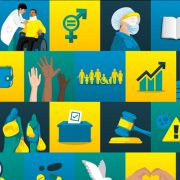
Effective Operations of AI in Healthcare is Expected to draw Human in the loop Mechanism Shortly
For any automated healthcare device or application, human assistance is considered the most secure outcome. The faith over AI in healthcare got multiplied when it is a human in the loop. However, Artificial Intelligence has promising performance and is widely proven, but responsibility and liability of probable risks are the sole reason that makes it paralyzed to the favorable human judgment.
Nevertheless, the software does justice to the precise endeavor of the developers of artificial intelligence, but the phenomenon of humans in the loop renders greater trust over the application. The belief that machines cannot replace human beings and autonomous empowerment extended to automated healthcare applications like artificial intelligence programs may fall short of categorical human empathy and subjectivity.
Relevance of Human in the loop
Not to mention that human beings have created machines and their intelligence. Therefore, AI in healthcare is the offspring of human wisdom as the need for such a system. This recognition of need is a human thing, which reflects compassion that comes with human emotions. Although emotions are not the epicenter of this discussion, we cannot deny that innovations cannot occur specifically in healthcare if emotional intelligence is not present. For instance, if the increasing number of deaths of other human beings due to insignificant diseases had not bothered the other human beings, then there would not have been the introduction of fruitful therapies. On the contrary, artificial intelligence applications cannot determine loopholes in the system that involves human warmth as efficiently as human beings. This is what prompts the need for humans in the loop for AI in healthcare.
Blended Efforts
Just as human efforts comprise a significant fraction of the healthcare outcomes, the importance of AI in healthcare is equally required. The human susceptibility to make mistakes and lack perfection identifies the need for AI in healthcare. The impeccable performance demonstrated by automated healthcare mechanisms has lesser or no complications occurring to the patients. WHO discovered that algorithms of artificial intelligence operate more precisely against manual performance provided by the human hands. Subsequently, thanks to artificial intelligence’s assured accuracy, the death ratio was decreased. This raises the demand for placing AI in healthcare. Furthermore, automated diagnosis reports, telemedicine applications have a greater positive impact on the remote healthcare facilities that became the need of the hour for the last two years.
The Interdependency Theory
While identifying novel crises and their solutions remain at the hands of human beings, AI in healthcare implements the commands through continuous enrolment of algorithms into the system generated by human beings. Human assistance to artificial intelligence is a symbiotic relationship that can harness productive and accomplishing healthcare results to the public. The interdependence between human beings and artificial intelligence has yielded achievement in reducing the duration of identifying a severe disease while it emerged as a critical case within the time. Moreover, filling the gaps of required medical professionals was possible with the remote healthcare model coined by the emergence of AI in healthcare. This reduced the inadequacy of doctors against the inordinate population of patients.
Hoisting Human Efficacy
As more and more AI applications get embedded into healthcare, the mundane task of the health professional to access patient information and worldwide data of recommended therapies for a particular has been eliminated as AI does it for them. This enhances the prime duty of the doctors that are suggesting treatments and prescriptions instantly without going through a cumbersome process. This further helps the humanitarian assistance in healthcare to be reserved for the vital responsibility.




